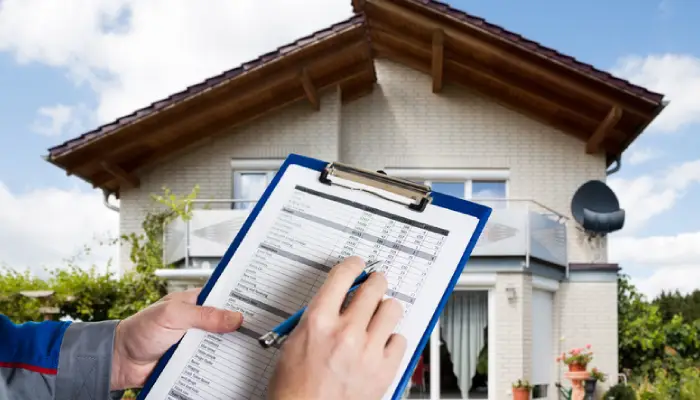Qualities of a Great Property Manager: What to Look For
The Role of a Property Manager
A property manager plays a crucial role in overseeing and maintaining rental properties on behalf of property owners. They are responsible for a wide range of tasks, including:
- Marketing and advertising vacant units
- Screening and selecting tenants
- Collecting rent and handling late payments
- Addressing tenant concerns and complaints
- Coordinating maintenance and repairs
- Ensuring compliance with local, state, and federal regulations
Qualities of a Good Property Manager
When looking for a property manager, it’s essential to find someone who possesses the following qualities:
1. Communication Skills: A good property manager should be an excellent communicator, keeping both property owners and tenants informed and addressing concerns promptly.
2. Organization: With multiple properties and tasks to manage, a property manager must be highly organized and able to prioritize effectively.
3. Problem-Solving Abilities: Issues can arise unexpectedly, and a skilled property manager should be able to think on their feet and find solutions quickly.
4. Attention to Detail: From lease agreements to maintenance records, a good property manager should have a keen eye for detail to ensure nothing is overlooked.
5. Professionalism: A property manager represents the property owner and should always maintain a professional demeanor when interacting with tenants, contractors, and other stakeholders.
“A great property manager is not just a caretaker, but a partner in ensuring the long-term success and profitability of your rental property investment.” – John Smith, Real Estate Investor
Effective Marketing and Tenant Selection
One of the most important aspects of a property manager’s job is filling vacancies with qualified tenants. A good property manager should:
- Develop a targeted marketing strategy to attract potential tenants
- Create compelling listings with high-quality photos and detailed information
- Conduct thorough background and credit checks on applicants
- Select tenants based on objective criteria to ensure fairness and minimize risk
Efficient Rent Collection and Financial Management
A good property manager should have a system in place for collecting rent and handling late payments. They should also:
- Provide clear instructions to tenants on how and when to pay rent
- Enforce late payment policies consistently and fairly
- Keep accurate financial records and provide regular reports to property owners
- Recommend rent adjustments based on market conditions and property improvements
Proactive Maintenance and Repair Management
To keep rental properties in top condition and minimize vacancy periods, a good property manager should:
- Conduct regular inspections to identify potential issues before they escalate
- Respond promptly to tenant maintenance requests
- Coordinate with reliable contractors to ensure quality repairs at competitive prices
- Implement preventive maintenance measures to extend the life of property assets

The Benefits of Working with a Good Property Manager
By working with a skilled and experienced property manager, rental property owners can enjoy numerous benefits, such as:
- Reduced stress and time commitment in managing their properties
- Increased occupancy rates and rental income
- Lower maintenance and repair costs due to proactive management
- Improved tenant satisfaction and retention
- Minimized legal risks and compliance issues
“Partnering with a top-notch property manager has been one of the best decisions I’ve made as a rental property owner. It’s allowed me to enjoy the benefits of owning investment properties without the day-to-day hassles.” – Sarah Johnson, Real Estate Investor
When searching for a property manager, take the time to research their qualifications, experience, and reputation. Look for someone who demonstrates the qualities and capabilities outlined above, and you’ll be well on your way to a successful and profitable rental property investment.

